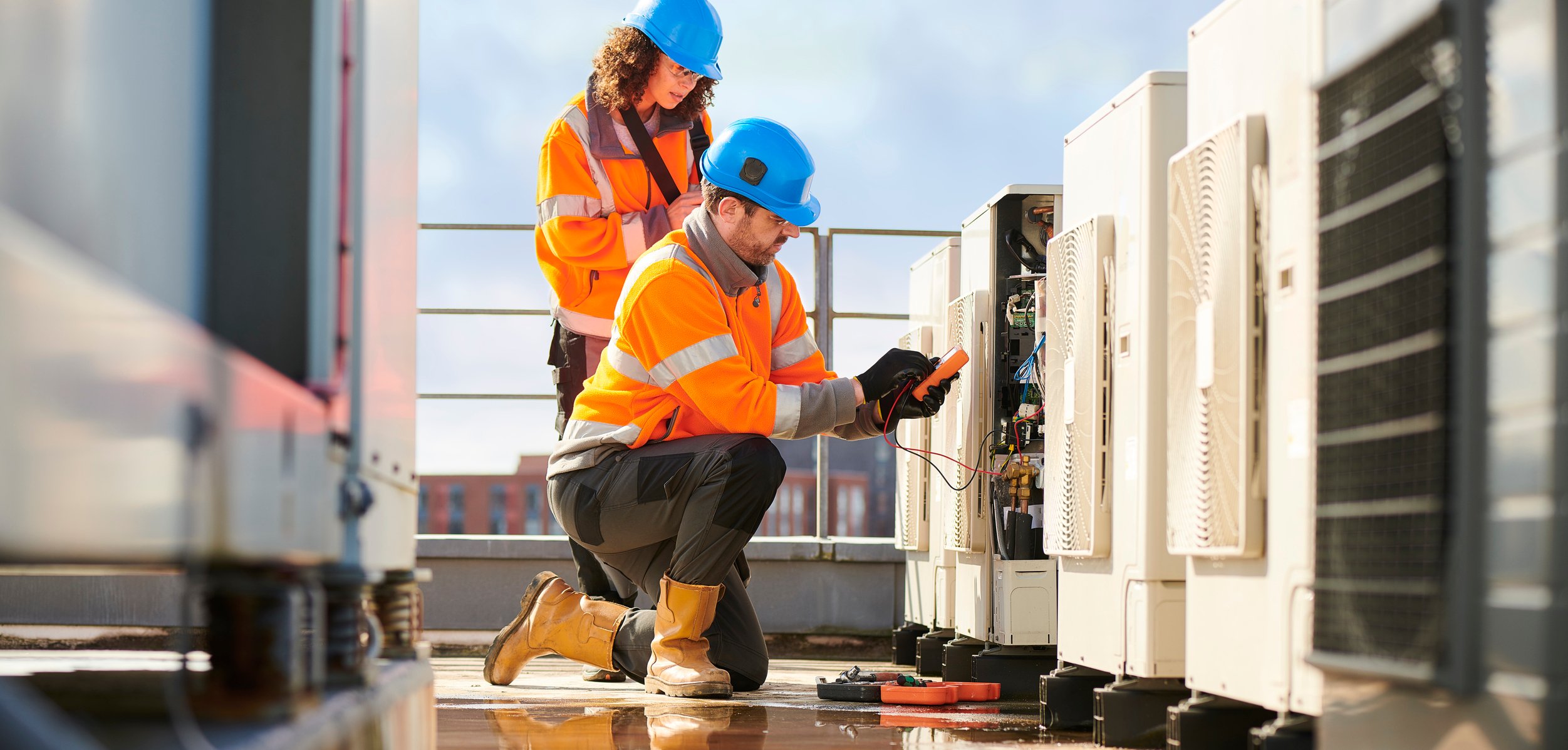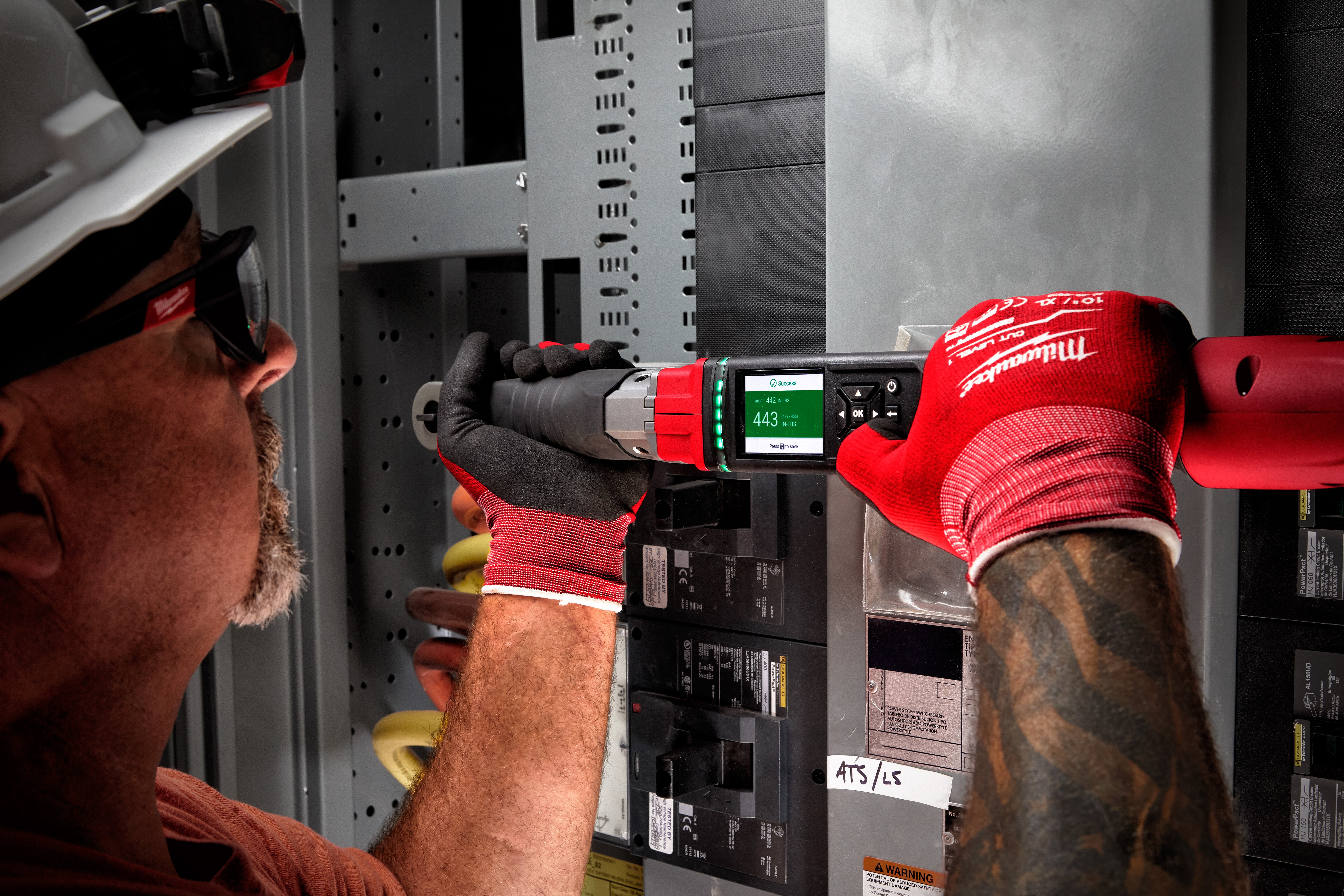
Editorial Note: This article was brought to you courtesy of Jeson Pitt, Online Marketing Manager for D&F Liquidators.
Electricity is a critical element in construction. Most construction operations and equipment run on power, and therefore electricity plays a significant role in construction success. Not to forget, there are several workers like linesmen, powerline workers, electrical engineers and others who work with electricity on a construction site. These men perform the most vital electrical work and lay the fundamental wiring that brings power to a building.
Working with electricity on a construction site is the most dangerous and challenging work in any project. And therefore, ensuring electrical safety for construction workers is a severe concern to contractors and managers. Creating an electrical safety plan that takes the present risks and dangers on a construction site into account – can help avoid electrically induced injuries and deaths among construction workers.
Here's a look at some essential electrical safety tips for construction workers –
- Perform Everyday Audits – Performing regular everyday audits help to check for electrical hazards and ensure enforcement of electrical safety protocol. Construction sites frequently get new equipment, change site layout, and initiate new operations. A daily audit helps ensure that safety measures are followed at every step.
- Fix Faulty Electrical Equipment Immediately – Keep checking your electrical equipment for any faults or damage. Ensure that your team is trained and licensed to identify these kinds of faults. Encourage your team to test their equipment regularly and repair any cracks, brittle insulation, damaged guard, etc. before they use the equipment.
- Cover the Leads & Cords – Open leads, cords and cables can get unorganized, scattered and pose the hazard of open current upon damage. Keep these cords and leads organized and covered using electrical conduit fittings, and store them away when not required.
- Use Personal Protective Equipment (PPE) – Workers operating electrical equipment or working with electricity in any way should be provided with personal protective equipment (PPE). A PPE kit for electrical workers comes with electrical gloves, shoes, face shield, eyewear, helmet, etc. It helps them avoid direct contact with open current or live wires.
- Plan for Natural Hazards – The construction industry is directly influenced by the environment and weather around the project site—plan to avoid equipment damage from dust, corrosion, rain, and humidity. If there is a forecast for rain, ensure proper cover to avoid electrical work in wet conditions. Also, construction electrical products should be protected from excessive heat and UV rays.
- Ensure That All Your Employees Have Proper Training in Electrical Equipment – Your workers may be experienced and professional, but it is always a good idea to give them some additional tips and training for electrical safety before they begin work. Training is especially critical when you're employing new equipment or new systems. You can also introduce some innovative equipment to ensure employee safety –
- Digital Torque Wrench helps electricians and workers install conductors and make connections according to manufacturers' instructions. It reduces the potential for injury through repetitive movement and offers a reporting functionality to verify installations performed to-spec to inspectors.

- Crimpers – Crimpers offer increased access in tight panels, predictive force monitoring to ensure proper pressure on every crimp, repeatability, and the ONE-KEY™ compatibility allows for syncing data for every crimp made that can be pulled into professional reporting.
- M18™ FORCE LOGIC™ 3" Underground Cable Cutter allows for remote control cuts from afar and makes this process safer for the user.
- Use Testing Equipment – Testing equipment is crucial for electrical safety in construction. Good quality approved testing equipment helps workers assess the risk before starting a potentially hazardous operation. Using testers, clamp meters, and receptacle testers help your team and you understand if the wiring is grounded, dead, or requires additional safety equipment.
- Use Voltage Regulators & Circuit Breakers – Voltage regulators, circuit breakers, conduit fittings and surge protectors are essential electrical safety equipment every construction site needs. Surge protectors shut the power down in an emergency, and voltage regulators stabilize the supply of electricity that your equipment receives to prevent damage during electricity surges.
- Never Work in Wet Conditions – The presence of water or moisture at the construction site is a recipe for electrical accidents. Sometimes, your electrical products may not be well-insulated, thus increasing the risk of injury or death by electrocution. If any electrical equipment gets wet, get it checked by a qualified technician before turning the power on.
Safety should always be the priority in construction management. The construction industry despairs accidents due to electrical hazards, which can be reduced with only a few simple safety tips. Workers and managers should increase awareness about electrical safety on a construction site and communicate well about any new equipment or any new safety protocols to be implemented.
This is a guest post written by Jeson Pitt, Online Marketing Manager for D&F Liquidators.